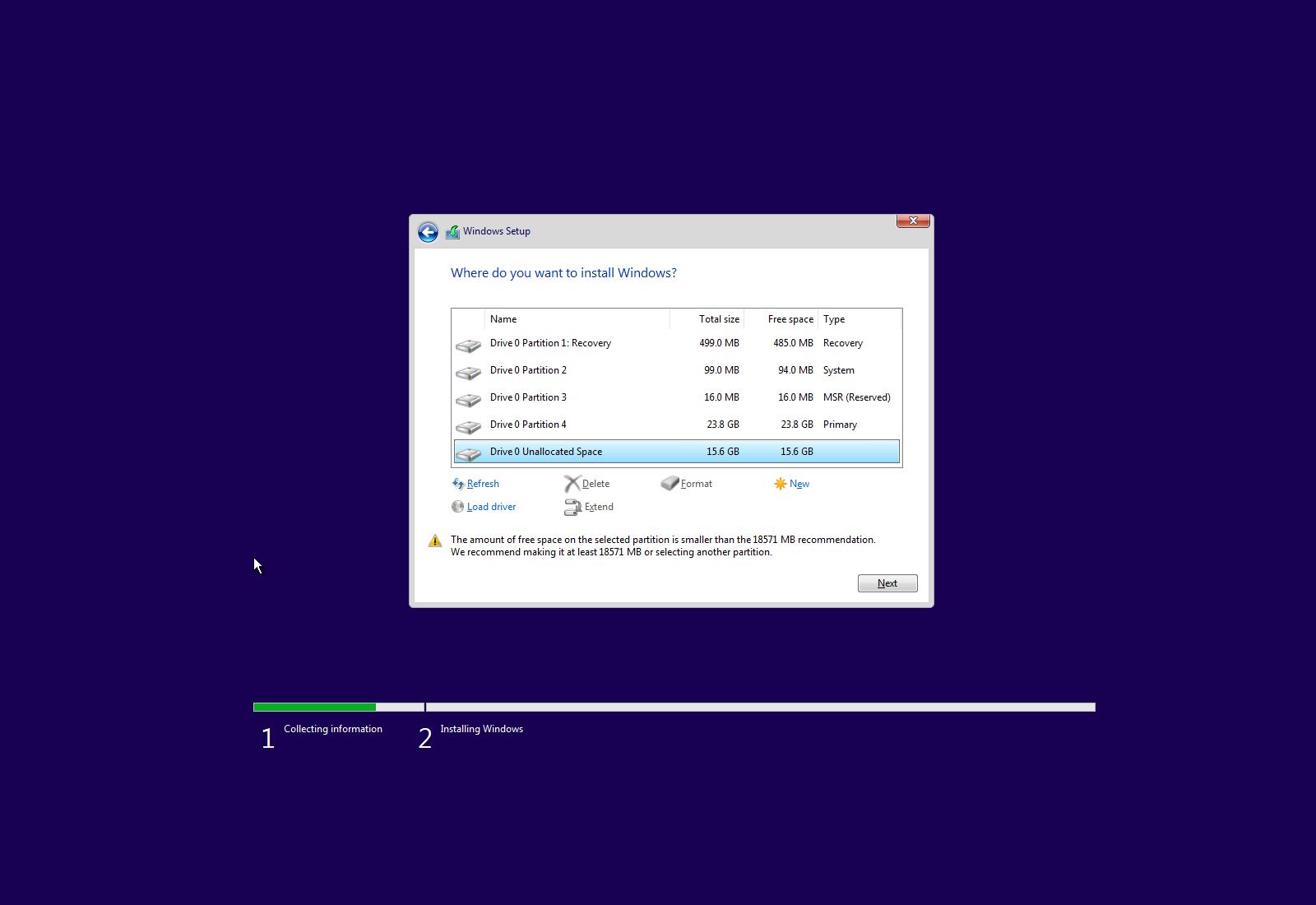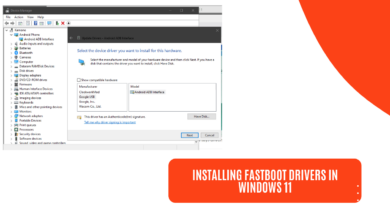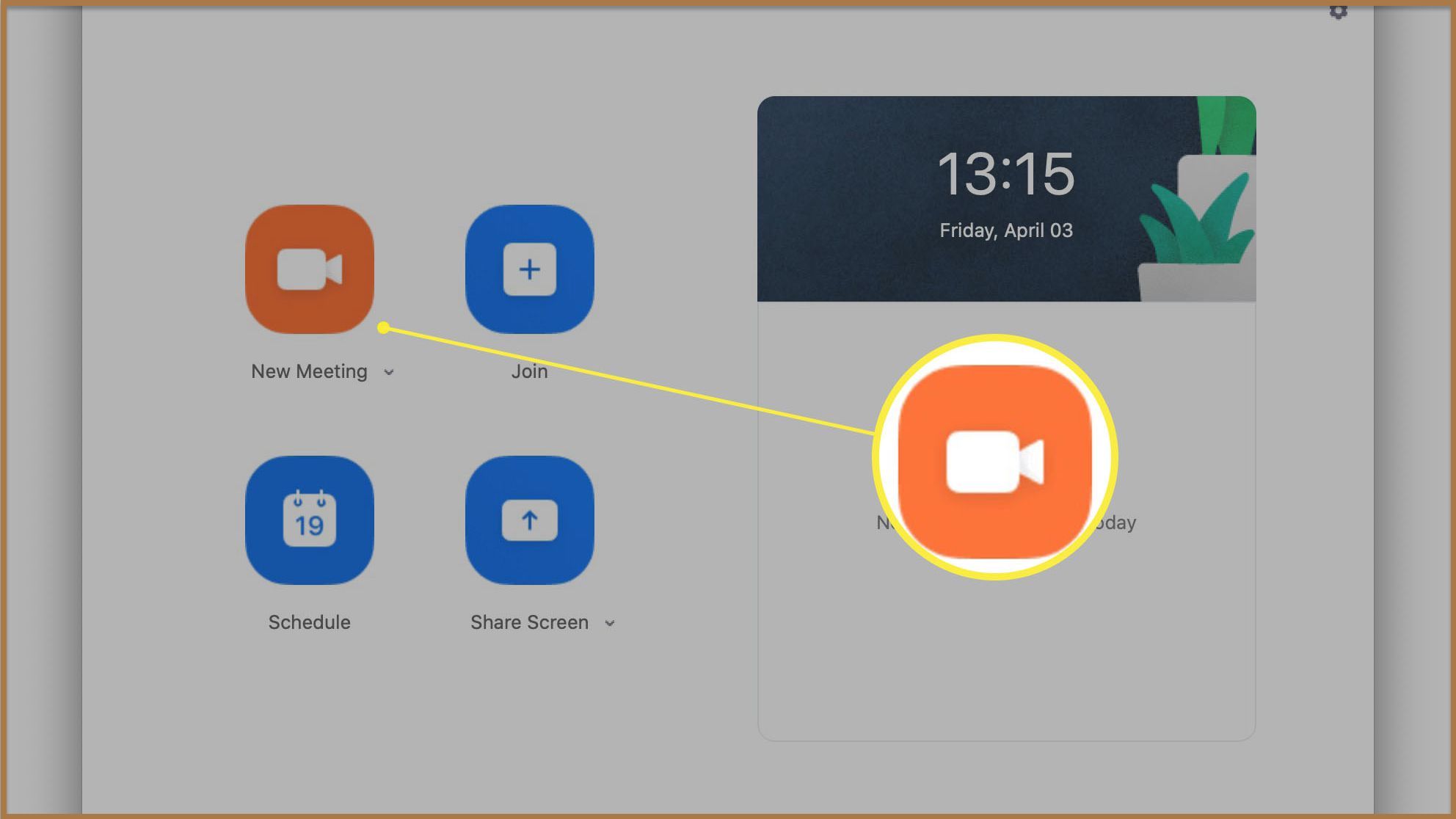
Keeping in touch with friends, family, and acquaintances presents challenges despite technological advancements. People relocate, change phone numbers, and update email addresses regularly, making reconnection difficult when contact information becomes outdated.
TruthFinder offers a solution for those seeking to revive lost connections. This online people search tool accesses over 350 million public records and serves approximately 9 million monthly users looking to reestablish relationships with individuals from their past.
How TruthFinder Aggregates Information
TruthFinder compiles publicly available information from various sources including criminal and traffic records, social media profiles, and census data. The platform organizes this information into detailed, navigable reports on individuals.
The search process follows a straightforward procedure. Users enter the name and last known state of residence for their search subject. Additional details such as age, middle initial, and city help narrow results when necessary. TruthFinder then collects information from public records and generates a comprehensive report that may include current contact information, location history, and social media profiles.
For especially common names, additional identifying details become crucial for accurate results. Birth year, middle initial, or last known city can significantly narrow search parameters and help identify the specific individual you’re seeking among multiple people with similar names.
Advantages Beyond Standard Search Engines
While traditional search engines like Google and Bing provide useful information, TruthFinder offers specific advantages for locating individuals. Rather than presenting scattered results across multiple websites, TruthFinder focuses specifically on personal information, compiling data from numerous sources into a single, organized background report.
The platform accesses public records that standard search engines might not surface easily, including court records, property information, and government documents. These records could otherwise require costly and time-consuming individual requests.
TruthFinder employs a proprietary identity resolution engine that matches elements from reliable data sources to compile accurate background reports. This proves particularly valuable when searching for current contact information that may have changed multiple times over the years.
Users benefit from confidential searches that don’t notify the subject, allowing discreet research before deciding whether to initiate contact. According to TruthFinder’s website, the subject of your search isn’t notified when you look them up, providing complete privacy during the research process.
Bridging Social Media Gaps
TruthFinder provides particular value when social media searches prove inadequate. Many individuals maintain minimal online presences, lack public profiles on platforms like LinkedIn or Instagram, or regularly ignore connection requests while potentially remaining responsive to direct communication methods.
By entering a friend’s name and last known location into TruthFinder, users can access current contact information from public records. This helps bridge communication gaps whether planning formal reunions or simply catching up on life developments.
The platform excels at finding alternative contact methods when social media connections fail. Email addresses, phone numbers, and physical addresses provide direct communication channels that bypass crowded social platforms where messages often get overlooked among numerous notifications.
Responsible Usage Guidelines
TruthFinder operates within regulatory boundaries and cannot be used for employment screening, credit checks, or tenant verification. The platform explicitly notes in its terms that users must acknowledge they aren’t purchasing or using TruthFinder’s products for determining eligibility for credit, insurance, employment, or other eligibility determinations subject to the Fair Credit Reporting Act (FCRA). When utilizing the service for reconnection purposes, users should approach contact attempts responsibly, respecting privacy considerations and recognizing that not everyone necessarily wishes to reestablish contact.
While TruthFinder provides access to contact information, successful reconnection ultimately depends on mutual interest in rebuilding relationships. The platform offers tools for reaching out, but users bear responsibility for how they employ this information.
Many satisfied users report success stories finding childhood friends, family members, and other important connections. TruthFinder shares testimonials from users who have successfully reconnected with friends after decades of separation, with one user stating they “found my best friend” after many years and described the reconnection as “like going back in time.”




